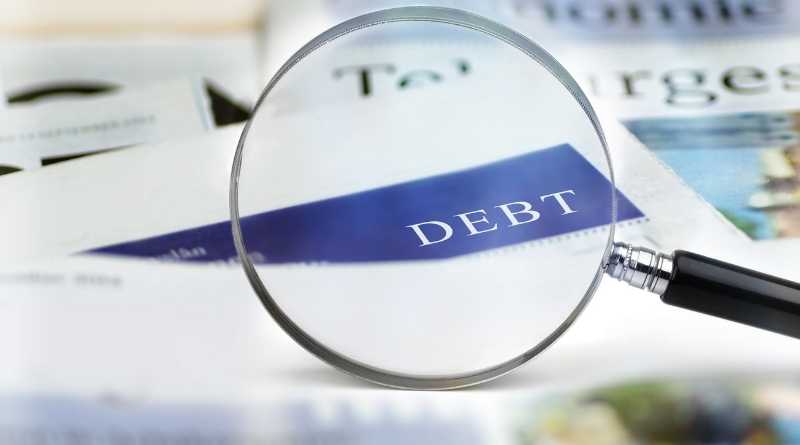It’s one thing to grapple with a mounting pile of debt — but it’s entirely different to feel hopeless when trying to meet monthly payment minimums. If you struggle to make your minimum payments each month and don’t see any way out, it might be time to explore your debt relief options.
Here are some ideas that can help you get a better handle on your payments, your debt, and your financial confidence. The options for overcoming insurmountable debt are available to you, so take that first step in the right direction.
What Debt Relief Options Are Available?
There are several debt relief options available to consumers who are struggling to make their minimum payments. These options include debt consolidation, debt settlement, bankruptcy, and do-it-yourself debt repayment.
- Debt consolidation:
This option involves taking out a new loan to pay off your existing debts. This can be a good option if you can qualify for a lower interest rate than what you’re currently paying. Be sure to compare different consolidation loans to find the best deal. - Debt settlement:
This option involves negotiating with your creditors to agree on a reduced payoff amount. This can be a good option if you’re unable to make your minimum payments or if you’re facing foreclosure or bankruptcy. However, it’s important to be aware that debt settlement can negatively impact your credit score. - Bankruptcy:
This is a last-resort option that can help you get out from under insurmountable debt. However, it’s important to understand the implications of bankruptcy before you take this step. - Do-it-yourself debt repayment:
If you’re confident in your ability to stick to a budget and make extra payments on your debt, you might be able to pay off your debt without assistance. This option requires discipline and perseverance, but it can be a good way to get out of debt without incurring additional fees or damaging your credit score.
Why Should You Manage Your Debt?
There are a few key reasons why it’s important to take action to manage your debt, even if you feel like you’re swimming in it. First, the sooner you take steps to get control of your debt, the less damage it will do to your credit score. Second, the longer you wait to take action, the more interest you’ll accrue on your debt, which will make it harder to pay off. Finally, unmanaged debt can lead to bankruptcy, which can have serious long-term implications for your financial health.
How A Credit Score Works
Your credit score is a three-digit number that lenders use to assess your credit worthiness. It’s based on your credit history, which is a record of your borrowing and repayment activity. The higher your score, the more likely you are to qualify for loans and credit cards with favorable terms, such as low interest rates and high credit limits. A low score can make it difficult to get approved for new lines of credit, and you may be stuck with high interest rates and unfavorable terms if you do get approved.
What Should You Look For In A Debt Relief Company?
When you’re considering a debt relief company try Freedom Debt Relief, you can check out their website here: www.FreedomDebtRelief.com.
Some things to look for include:
-Reputation: Check out online reviews and customer testimonials to get an idea of the company’s reputation.
-Success rate: Ask the company for statistics on their success rate in helping consumers get out of debt.
-Transparency: Make sure the company is upfront about its services and fees.
In Closing
Now that you are aware of the options for overcoming insurmountable debt, no matter which option you choose, it’s important to be proactive about your debt and to create a plan that will work for you. If you’re struggling to make ends meet, don’t hesitate to reach out to a financial professional or a credit counseling service for help.
These organizations can assist you in creating a budget, negotiating with creditors, and developing a plan to get out of debt. With the right assistance, you can find your way back to financial stability.

















